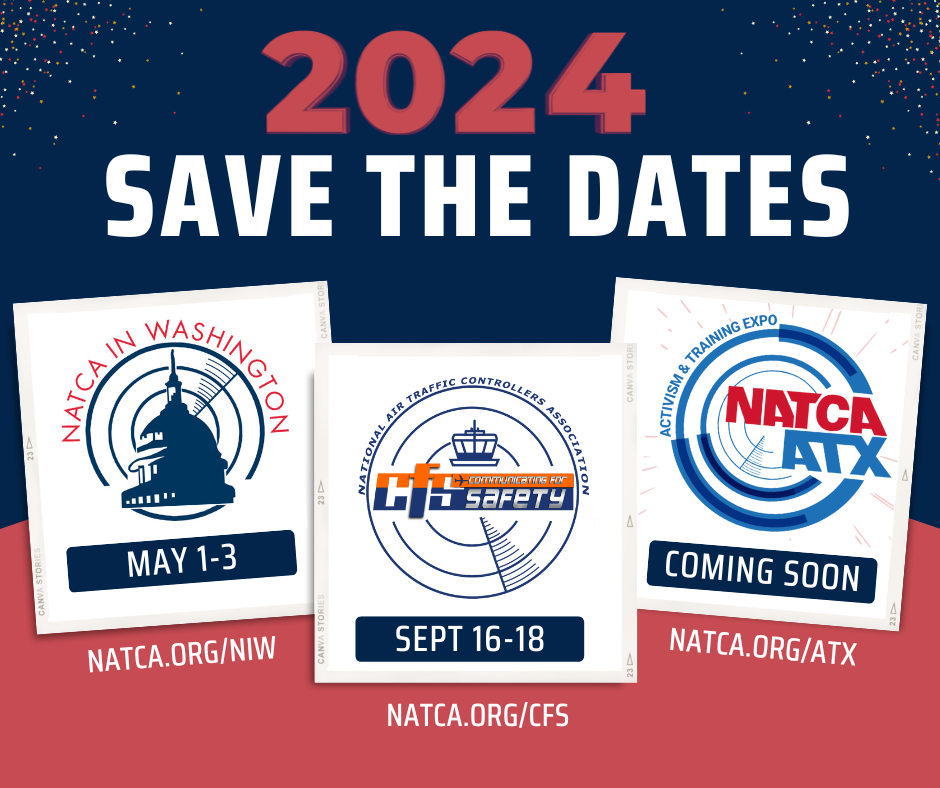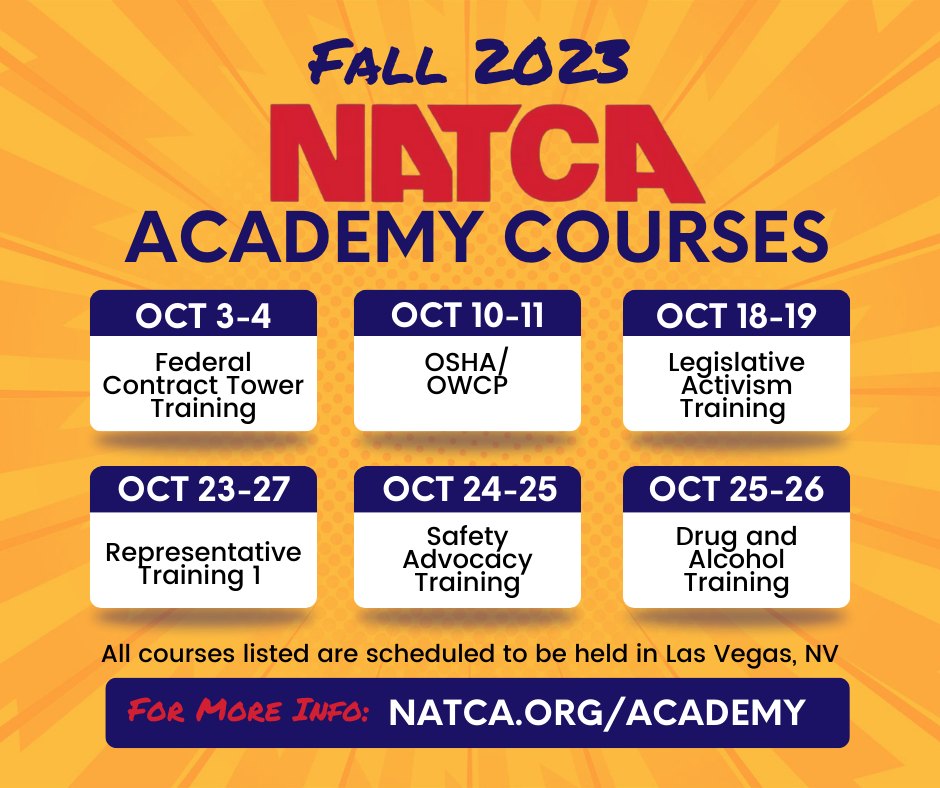
September 2023 New England Bi-Monthly Regional Update #1
From Mick Devine, NATCA New England Regional Vice President
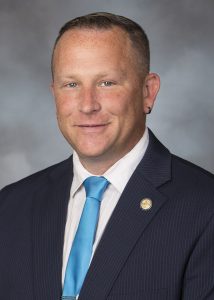
Training your replacement is a crucial aspect of any professional journey, a process that carries far-reaching implications for individuals and organizations like NATCA alike. I’d like to delve into the significance of this practice, examining its benefits for individuals, teams, and unions as well as its role in fostering a culture of knowledge sharing and growth. Also, however, we need to discuss what it doesn’t mean.
First and foremost, training your replacement is an investment in your professional legacy. It demonstrates a commitment to the continued success of this organization beyond your tenure. By imparting your knowledge, skills, and expertise to those who might step into your role, you ensure a seamless transition, minimizing disruptions and potential setbacks. This not only reflects positively on your professionalism but also ensures that the company remains productive and resilient in the face of personnel changes. This, however, would be considered more one-on-one with the person who is taking over your role, not those who might. This example more deals with transition periods.
On the contrary, training your replacement promotes teamwork and collaboration within an organization. It encourages a culture of shared responsibility and mutual support, where employees actively contribute to each other’s success. When team members are willing to transfer their knowledge and skills, they foster an environment where others are also motivated to do the same. This collaborative spirit enhances the overall efficiency and effectiveness of a team, ultimately benefiting the entire organization.
Moreover, training your replacement is a testament to your leadership and mentorship capabilities. It provides an opportunity to guide and nurture a colleague, helping them grow professionally and personally. This mentorship role not only fosters goodwill and camaraderie but also equips potential successors with the tools they need to excel when the time comes to try for a new position. A well-trained replacement reflects positively on your leadership skills but can become an advocate for all our continued success within the union and outside the union.
Beyond individual and team benefits, training your replacement contributes to the long-term sustainability of a union. It mitigates the risks associated with talent turnover, ensuring that critical knowledge and skills are retained within the company. It prevents the union’s biggest risk—a single point of failure. In an era of rapid technological advancements and evolving aviation landscapes, this knowledge retention is invaluable. It safeguards the union’s intellectual capital and credibility, preventing the loss of institutional memory and helping the future of the union to adapt to changing circumstances.
In addition, training your replacement can enhance your own professional development. Teaching others often requires a deep understanding of your own work processes and responsibilities. It challenges you to articulate your strengths and refine your communication skills. This process of teaching can lead to personal growth, increased self-awareness, and a deeper appreciation for the intricacies of your role.
Furthermore, training your replacement can open doors to new opportunities within the union. As you develop your replacement, you may also gain exposure to different aspects of the union or take on new challenges. This expanded skill set can make you a more versatile and valuable asset to NATCA, potentially leading to career advancement.
Where NATCA sometimes misapplies this is in elected positions. Elections and campaigns have recently become a place where we went through the process of telling you, the member, who we have be training to become our replacement so you know who will be replacing us, essentially stripping the members of their fundamental power, which is their ability to elect their choice into office. The goal of training your replacement is to find a plethora of potential replacements, not just one. It is giving the membership a choice between highly qualified candidates, not a hand-picked successor. Most importantly, those in leadership positions need to be training their replacements long before they are ready to leave, because as elected officials, we don’t get to choose our replacements, you do!
The importance of training your replacement cannot be overstated. It is a practice that benefits individuals, teams, and organizations alike. It safeguards the union’s continuity, fosters collaboration internally, and demonstrates leadership and mentorship qualities. It also promotes a culture of knowledge sharing and personal growth. As professionals, we should embrace the responsibility of preparing our successors, recognizing that it is not just a duty but a strategic investment in the future, both for ourselves and for the organizations we serve.
From Scott Robillard, NATCA New England ARVP
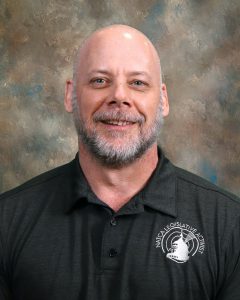
Hello NATCA New England.
Part of the role of the Regional Leadership Team (RVP, ARVP, LR Lead, and others) is to assist your FacRep in representing you at the facility level. That assistance comes in the form of providing access to education, providing advice and counsel, and sometimes direct assistance.
The region offers the most assistance during investigations. When the Agency initiates an investigation, they will make certain assumptions that will determine how they proceed forward and who is made aware of their contractual right to representation. Part of being a proactive Union Representative is challenging those “assumptions” and challenging when the Agency offers representation PRIOR to the interview with the employee occurring.
Below is a situation to consider. What do you think? Are you entitled to a Union Representative or not?
The Situation: There is an investigation into a broken driver’s door window of an Operational Supervisor’s (OS) car. The location where the OS parks is NOT covered by the security cameras. The Agency knows the incident occurred between 7:30am and 1:30pm. You worked a 1:30-9:30pm shift, and the Agency has decided to interview you. You are the first to be interviewed.
Q: Are you a witness or a subject?
Trick question because it can be both. It all depends on what the Agency knows when they decided to interview you. If all they know is that the window was broken and you were in the area around the time when it might have occurred, you are a subject.
Why? Because they don’t know who did it. If they knew or had a strong indication of who broke the window, they would be looking to strengthen their case by finding witnesses. In instances where they don’t have a strong indication of who did the act, then all interviews should be considered as a “subject interview” until they have a subject.
This is a common area of mistakes by the Agency. When they have no idea who broke the window, they sometimes believe they can ask anyone if they saw who broke the window.
In Article 6, Section 1, there is a provision that says “If during the course of a meeting it becomes apparent for the first time that discipline or potential discipline could arise, the meeting shall stop…”
If the Agency does not have a subject (suspect), and they are interviewing an employee, the fact that they choose to interview means it this not the first time it occurred to them that potential discipline could result based on the answer to the question(s) they have prepared to ask.
Q: Are you entitled to a Representative?
As a subject, yes. As a witness, the technical answer is no. However, many managers have come to realize that it is in everyone’s best interest.
Q: How do you get a Representative?
If you stop reading too early, Article 6, Section 1, sometimes managers make mistakes. The section says that the employee will have a reasonable opportunity to obtain and confer with a Union Representative prior to the meeting. However, the last sentence of Article 6, Section 1, is controlling: The Union retains the right to determine the representatives. While the employee will be told to obtain representation, the manager should be conferring with the FacRep. If he/she doesn’t, how do they know if the representative who walks into the meeting with the employee is the representative the FacRep appointed for this specific meeting?
Short answer: Call your FacRep.
Q: Can you refuse to participate?
100% no. It is a condition of employment that you participate.
Q: Do all the Agency’s questions have to be based on facts?
No, they do not.
To protect your rights, you must know your rights!
Contract question of the month: Are facilities required to have Controllers In Charge (CICs)?
The simple answer is no, but it is more complicated than that. Article 18, Section 1 is clear when it says the intent of the CIC is to provide continuous watch supervision. Section 7 states that at facilities where CIC duties are performed, CPCs shall be trained. FAAO 7210.3, 2-6-1, requires the position but allows for it to be combined with an operational position.
PAC Update
From Tim Roig, NATCA New England PAC Lead, Y90
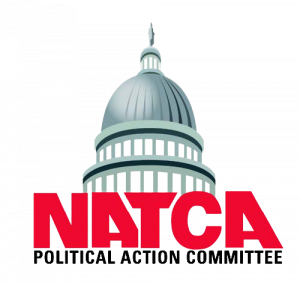
What is a PAC? Why does NATCA need to lobby? I already pay dues. Why are you asking for more money?
These are all very good questions, let’s answer them. A PAC (Political Action Committee) is a separate entity that is associated with NATCA. The NATCA PAC’s purpose is to engage in political advocacy and support candidates for elected office who support NATCA and NATCA’s goals. NATCA must lobby as laws passed in Congress directly affect the workforce. When we need something done, such as fixing an oversight and making sure Paid Parental Leave is protected by law, it takes an act of Congress to do so.
It is illegal for NATCA to use members’ dues to lobby Congress. Every cent that goes into a PAC is tracked and public knowledge.
New England currently has the only two facilities in the country that are 100% members and 100% PAC contributors, BDL and PWM. Every dollar counts, and contributions as low as $1.00 from each paycheck make a difference. Legislative victories have been critical to improving working conditions and improving every member’s quality of life.
If you have any questions concerning the NATCA PAC, feel free to reach out to me at [email protected].
You can sign up for the NATCA PAC by clicking here.
OWCP
From Kevin Curtiss, NATCA New England OWCP Rep, ZBW
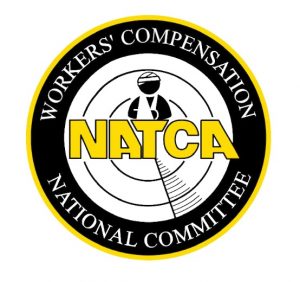
Hi there NATCA New England. My name is Kevin Curtiss (ZBW) and I’ve taken over as The OWCP Rep from Steve Spiller for the New England Region. I want to thank Steve for all the hard work he did during the height of COVID, ensuring that BUEs were still paid while being out of work after testing positive.
While the requirements for Continuation Of Pay (COP) have changed, if you test positive for COVID-19, there are still procedures in place.
If you sustain a physical injury at work or experience a traumatic stress injury as the result of an unfortunate safety event, contact me at [email protected]. It is a member’s right to explore options that allow them to be compensated while recovering.
I’m available to assist you in the process of filing claims, keeping documentation, seeking treatment and meeting deadlines.
Announcements and Information
The NATCA National Executive Board sets their schedule each year, ensuring they have at least one meeting in each of the NATCA regions. This year, the NEB will be having their October in-person meeting in Portland, Maine at the Westin Portland Harborview on October 3-4, 8am to 6pm each day.
All NATCA members in good standing are invited to sit in on this meeting and observe how the business of the union is conducted.
The NEB will also be having a Meet & Greet hosted by PWM ATCT on the evening of October 3rd at 6:30pm at Rí Rá Irish Pub & Restaurant (72 Commercial St, Portland, ME). All NATCA members are welcome to join.

New England will be hosting a full RT-1 class in New England the week leading up to the Super Bowl, February 5-9, 2024. The class will be held in the southern New Hampshire area and will be open to about 40 attendees.
If you will be a new representative next year or think that being a representative may be in your future, make sure you save these dates for leave bidding! This is a unique opportunity to take RT-1 in the local area without having to travel all the way out to Las Vegas, where the class is normally held.
As specific details come together, we will put out more information, so stay tuned!
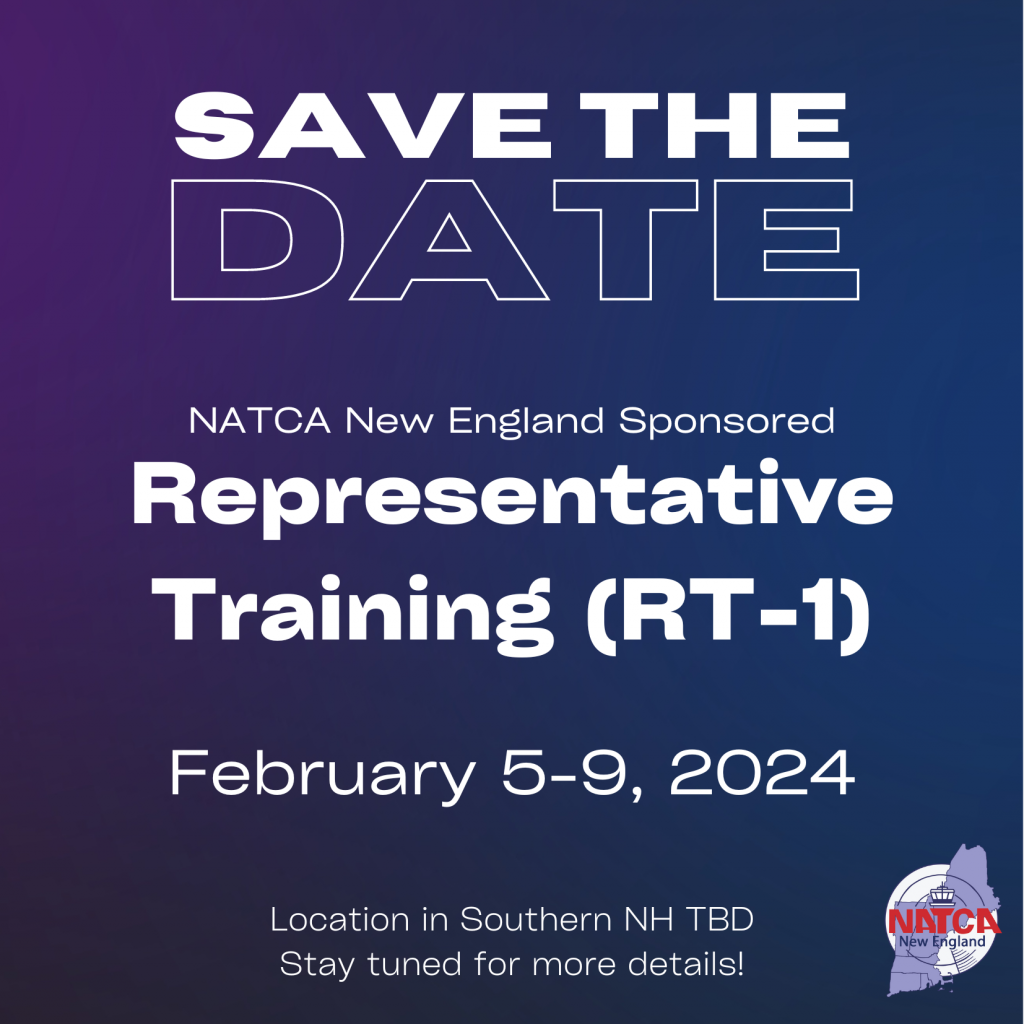
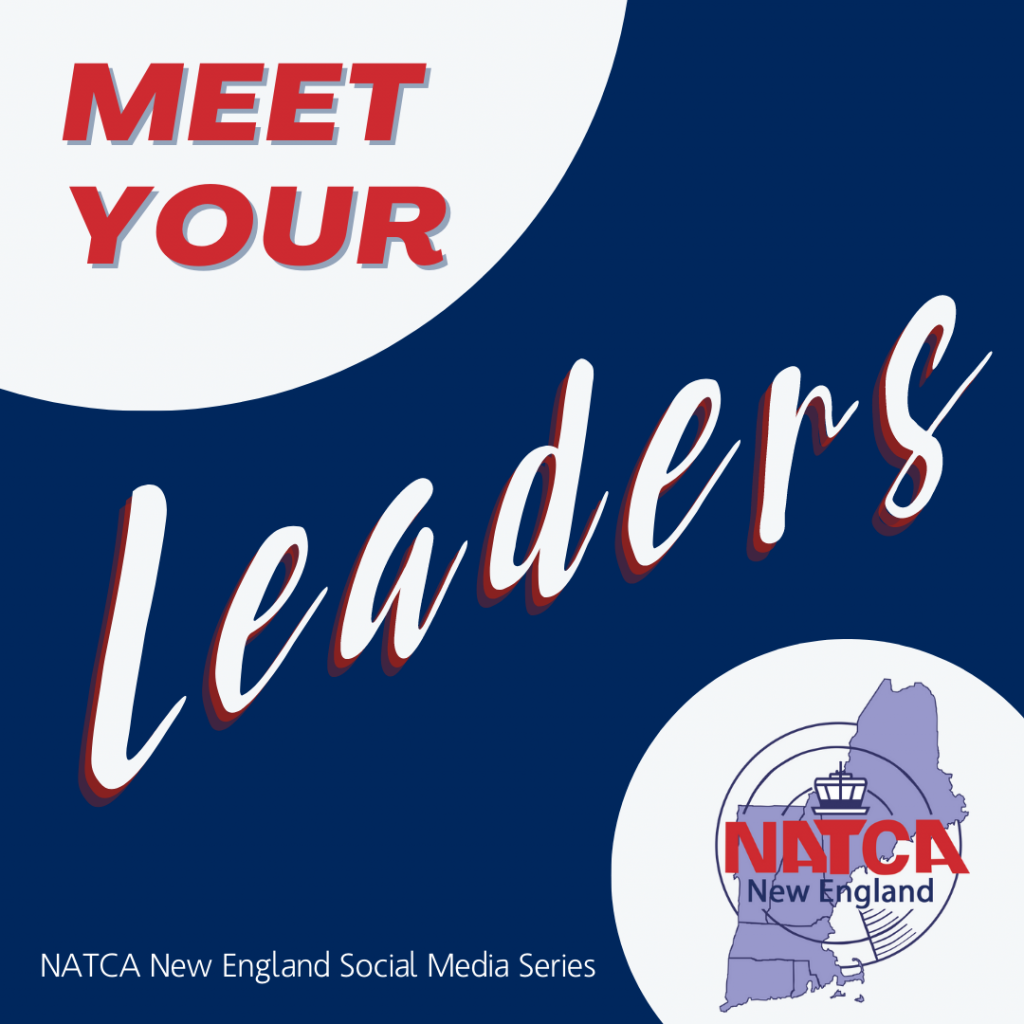
Our region has a robust team of leaders that do tremendous work for our members behind the scenes. Each of them has expertise in the area of work they do for NATCA.
In our new “Meet Your Leaders” social media series, we will hear from each of these leaders as they explain what they do for the union and how it benefits all of our members.
Be sure to check out our Facebook and Instagram accounts over the next few months to learn about these hard-working leaders!

